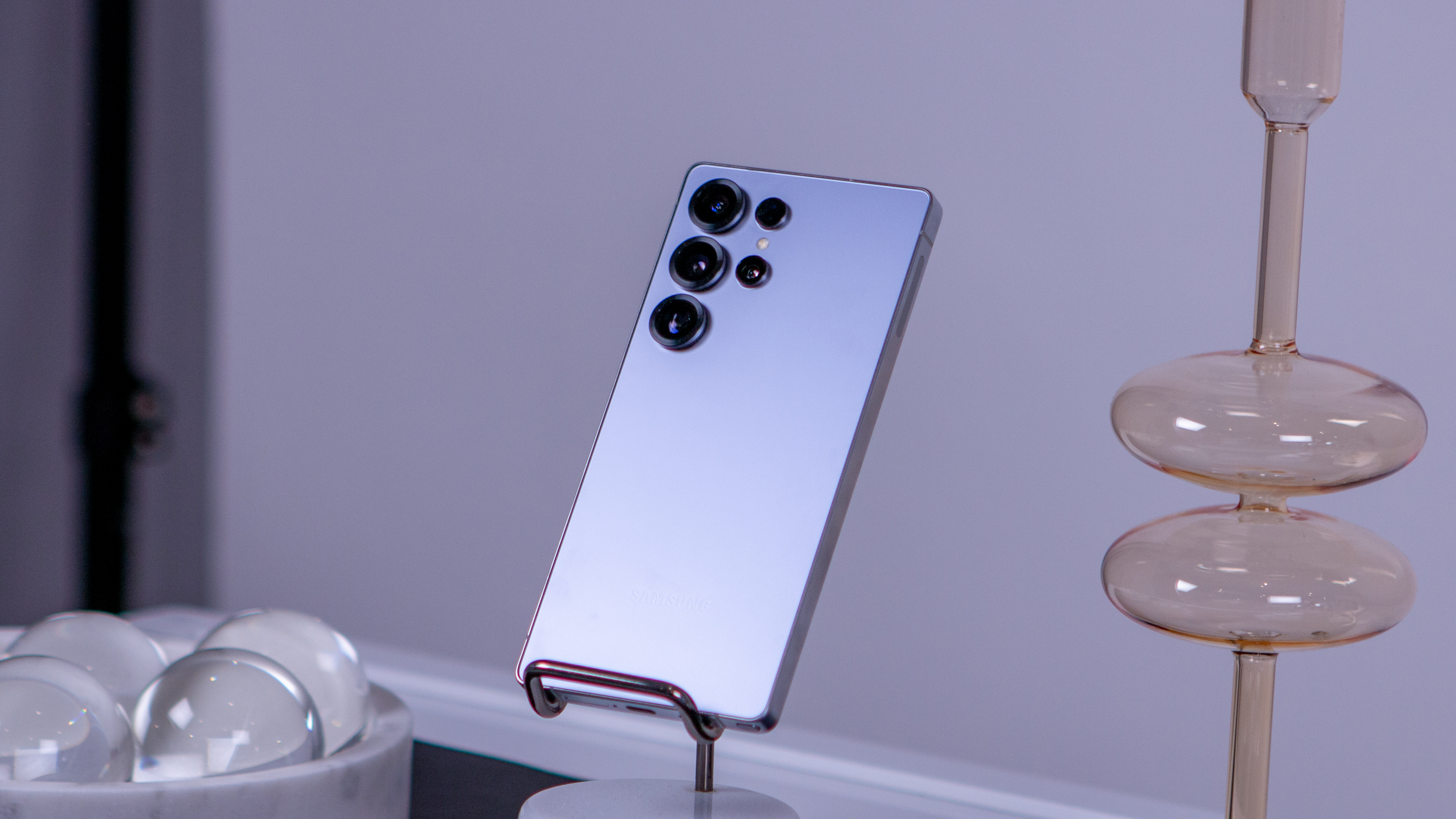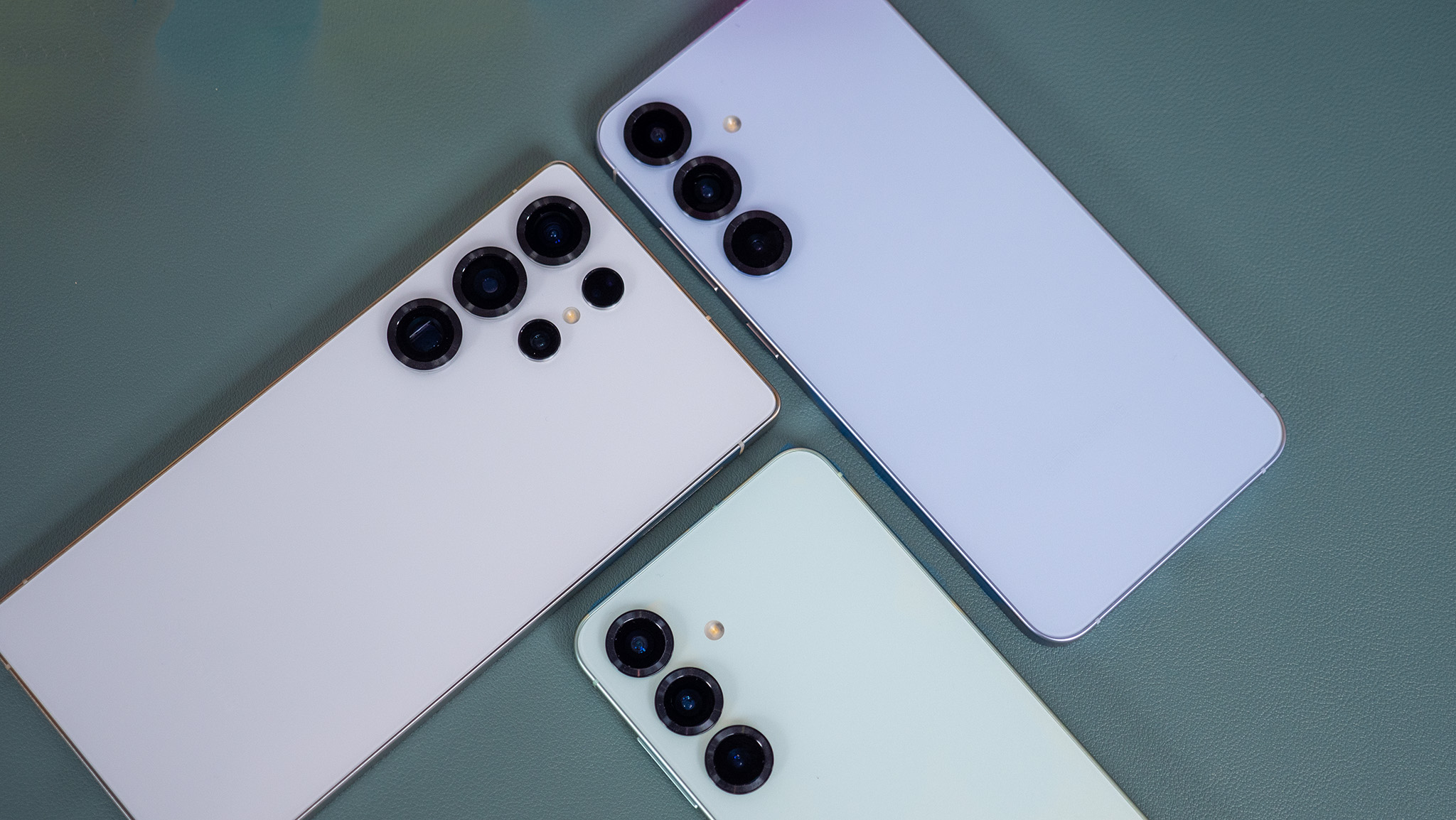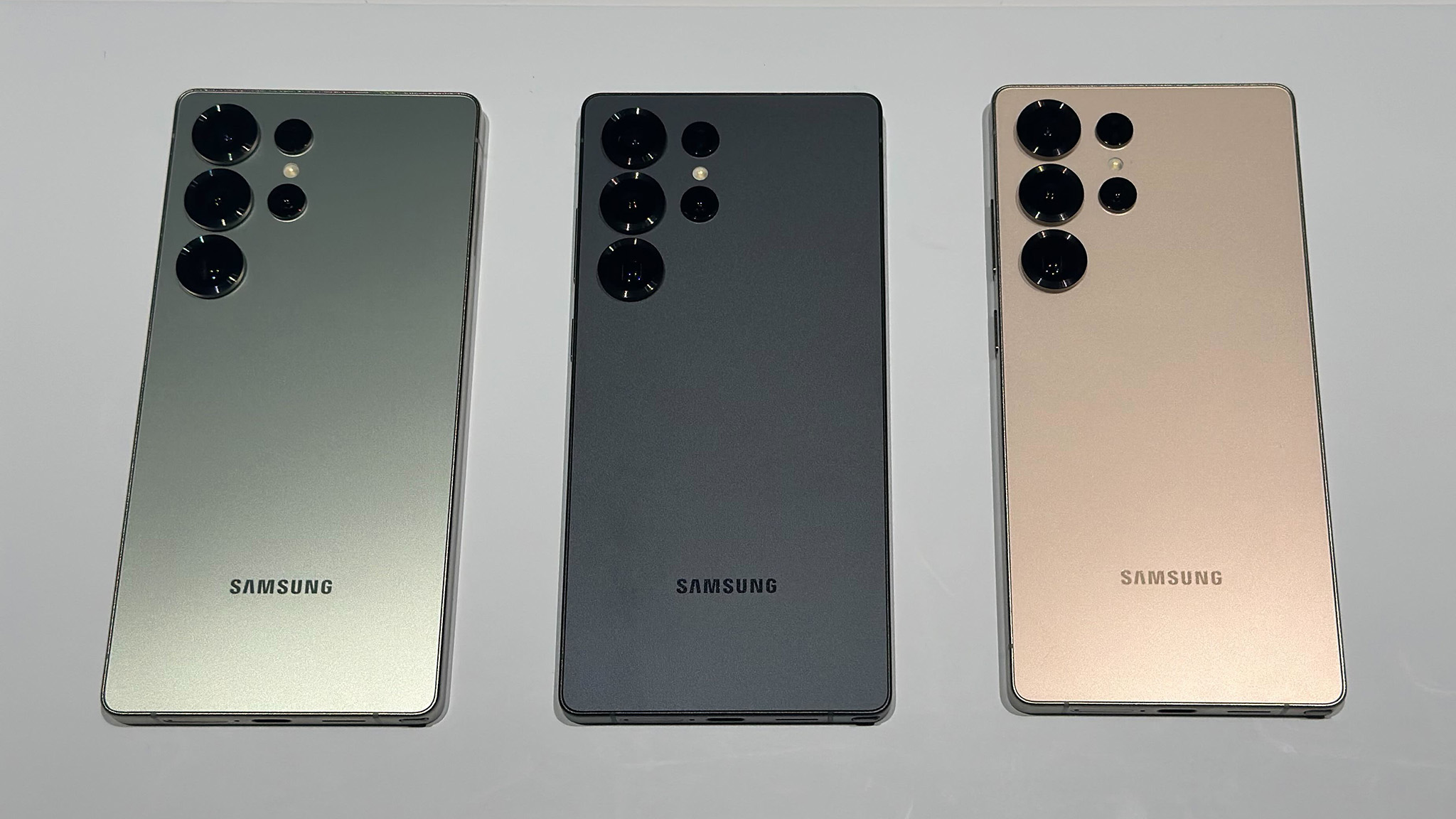

Off the Record is a weekly column written by Android Central's editor-in-chief. The column looks to expand and go in-depth on topics in the Android space without any limitations.
Samsung just launched the Galaxy S25 series at its annual Galaxy Unpacked event. The phones come with all of the Galaxy AI features, and some phone upgrades. But most notable is that the Galaxy S25 Ultra is now available at the same price as the Galaxy S24 Ultra. Not increasing the price of its latest flagships is a move that I think might be favorable for Samsung.
The premium Galaxy S25 Ultra starts at $1,299, the same price that the S24 Ultra launched at. At the time of the S24 Ultra launch, however, the price of the phone was increased by $100 from the Galaxy S23 Ultra.
During Android Central’s briefing for the S24, a Samsung representative said that the price increase for the S24 Ultra was because of upgrades to the phone itself.
“Over the last three years, we have added and improved Ultra dramatically and we have prided ourselves in providing an absolute best value that we can to our customers," the representative said.
"However, at this time with so much of the additions and improvements that were brought from additional improvements from chipsets to cameras, sensors and functions, it was just something that we’re unable to absorb this go around.”
A much more impressive chipset and a better price

I find it most impressive and interesting that this year Samsung was able to get a brand new, and much more powerful, chipset into the device and still didn’t have to increase the price of the phone. The entire series launched with Qualcomm’s Snapdragon 8 Elite for Galaxy and more importantly is that it’s not just the Ultra that got the new chipset, but the entire lineup of devices, which includes the Galaxy S25 and S25 Plus. These phones also did not get a price increase.
Jitesh Ubrani, research manager for IDC's Worldwide Mobile Device Trackers, said that while it’s common that most manufacturers release new phones with new chips, it’s “quiet notable that Samsung isn’t raising prices.”
But at the same time he did indicate that in 2025, most manufacturers are likely not going to be raising prices.
“I don’t [think] we’ll see many price hikes this year from other vendors either because inflation is cooling and prices are quiet high anyway,” he said.
On the other hand, OnePlus recently launched the OnePlus 13, which also runs on the Snapdragon 8 Elite chipset. The company raised the price of the phone to $899, and increase of $100 compared to the previous model, which was priced at $799, already undercutting its closest rivals. That said, it still costs less than the $999 Galaxy S25 Plus.
A poor performing 2024 is about to turnaround

The past year was a challenging year for Samsung. While the Galaxy S24 series had a successful launch, it didn’t really help improve the downard trajectory of Samsung’s sales. And in April of that year, the company initiated a six-day workweek for executives to create “a sense of crisis” among the company’s leadership team.
Where Samsung began to really struggle was after launching its Samsung Galaxy Z Flip 6 and Z Fold 6, which in many tech circles were more iterative updates to what it launched the previous year. The phones weren’t super exciting and weren’t as innovative as they have been in previous years. It got the point Samsung had to apologize for its lack of innovation last year.
IDC confirmed Samsung lost smartphone market share as of Q2 2024 compared to the previous year and that the company’s market share dipped to 18.4%, down from 20%.
And frankly, if Samsung wanted to have a better 2025, raising prices would not be the right move.
Ubrani agrees, but also adds, it probably won’t be a good look to shareholders either. “After a poor performance in 2024, raising prices would likely hurt them from a share perspective,” he said. “This is even more true in markets like Europe or Asia where there tends to be more brand diversity.”
IDC, in an email first-look report, indicated that the S24 series took up the increasing share of Samsung’s shipments during its launch quarter, adding that it contributed “to 22% of Samsung shipments in 1Q24.”
Because of its focus, IDC said that the company’s share in the worldwide premium market ultimately rose to as much as 20% in the past year, up from 15% in 2021.
Where the company has always shined is through their promotional activity and Ubrani notes that the foldable market will be a bit quiet allowing for the S series to win.
“Additionally, the market for foldable smartphones is expected to show some softness this year as the growth rate slows. This could potentially lead to increased promotional activity across Samsung’s S lineup particularly in the premium price brands later in the year which could also help the company sell more phones,” he said.
Ultimately, I'm glad, because Samsung did the right thing here by not raising prices. It’s a better look for the company and it is a better thing for customers. I think if customers are looking for new phones they should seriously consider the latest phone instead of choosing to buy an older model because of price hikes.
I look forward to seeing how Samsung improves this year.
The ultimate AI phone
Are you ready to upgrade to the most powerful Android phone to date? Now's the perfect time as Samsung's offering some incredible deals on the Galaxy S25 Ultra.







